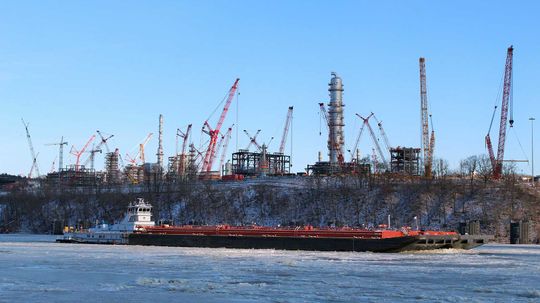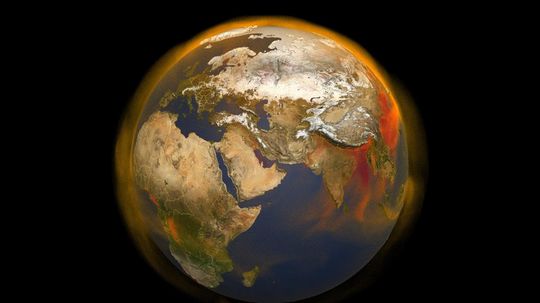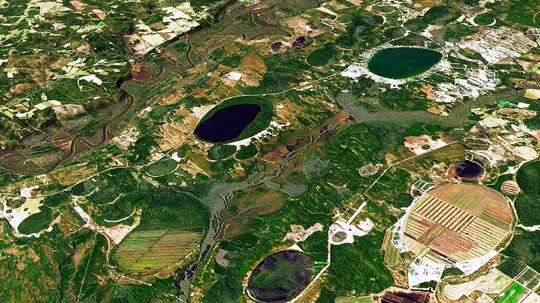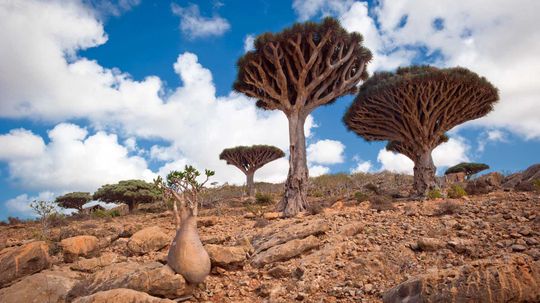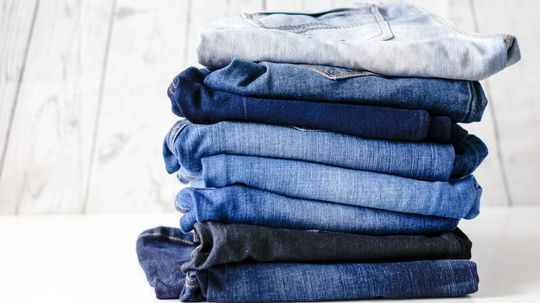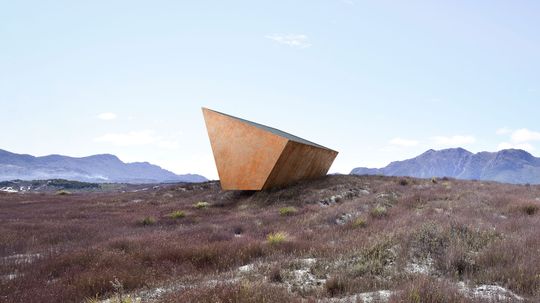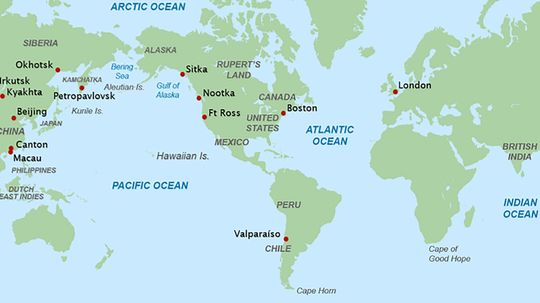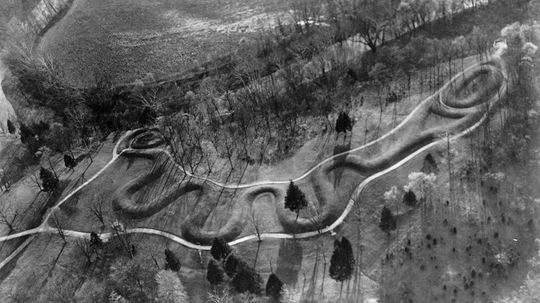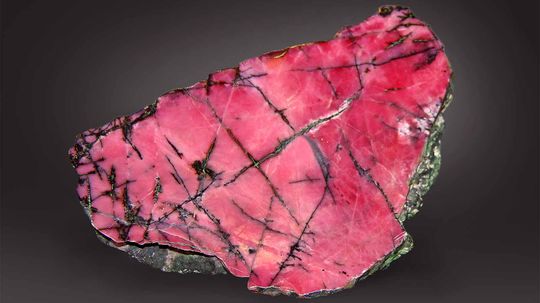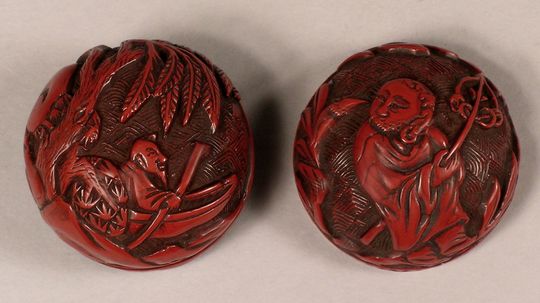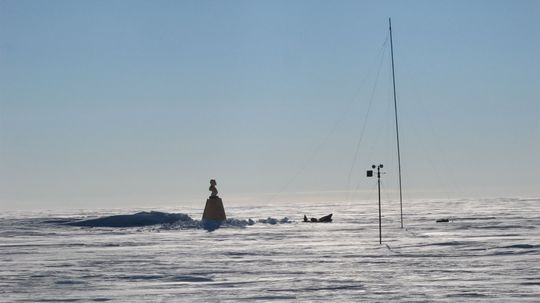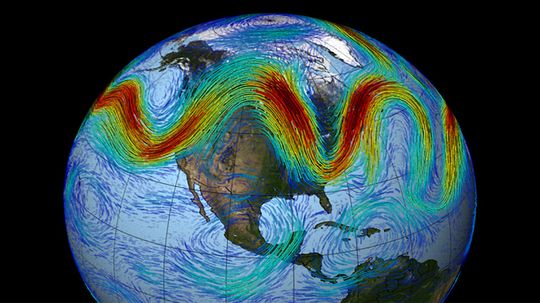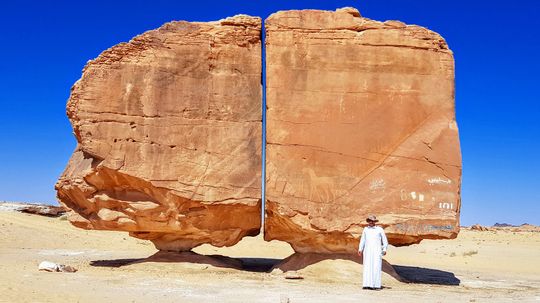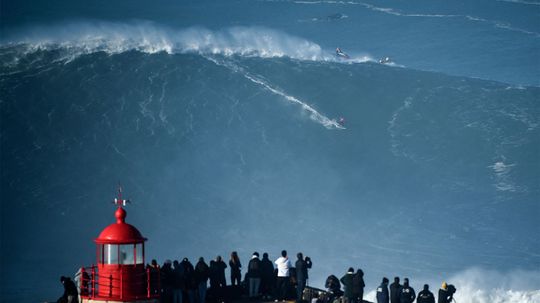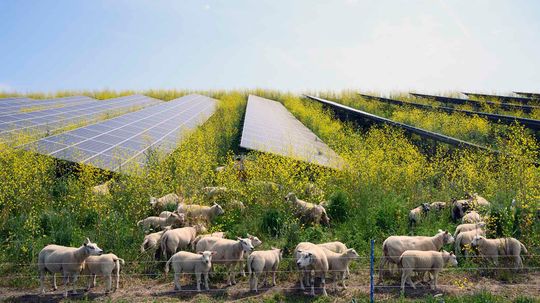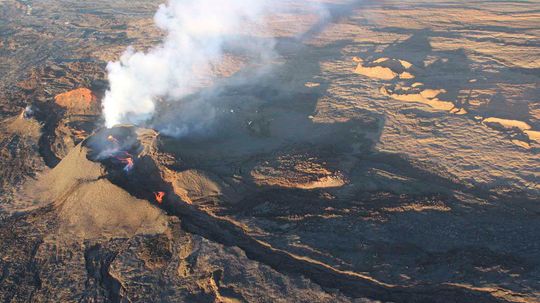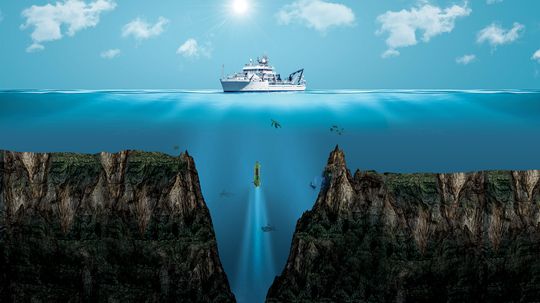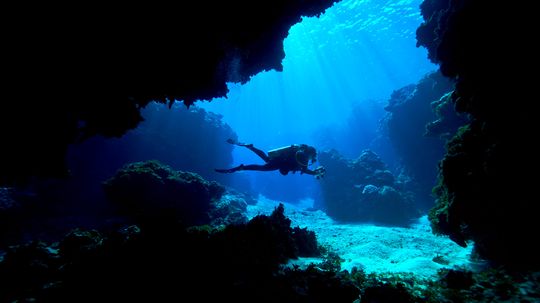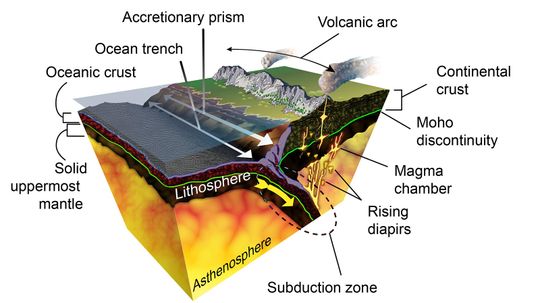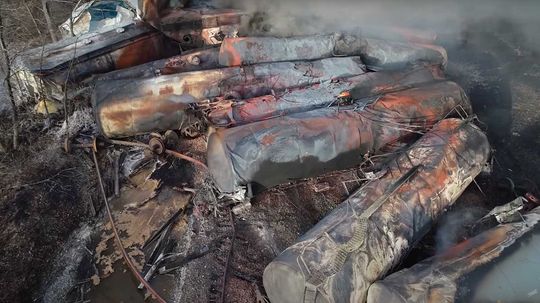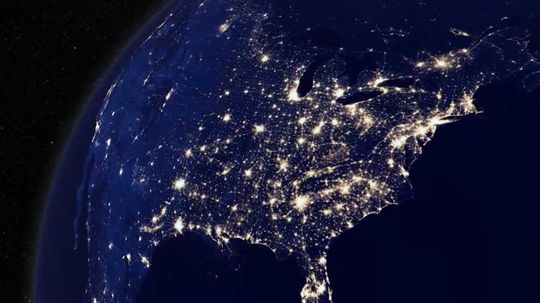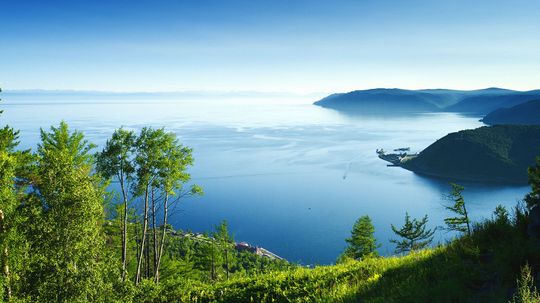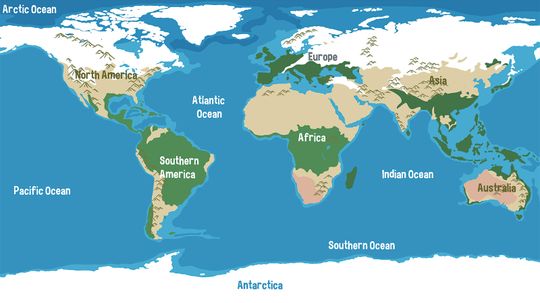Environmental Science
The environment is truly a thing of beauty and should be protected whenever possible. What can we do to save the environment, and what new technology is available to help us?
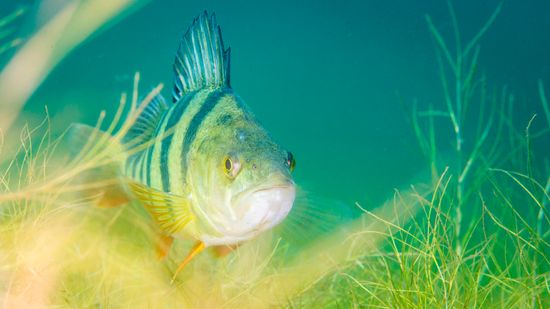
The Fish Doorbell Isn't a Joke ... Seriously
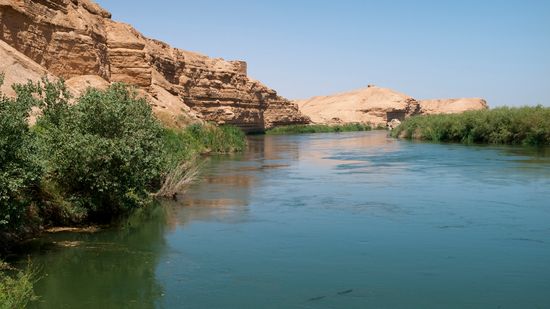
The Euphrates River, at the 'Cradle of Civilization,' Is Drying Up
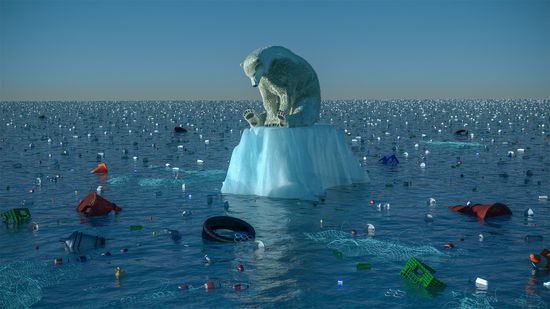
Study Says 2035 Is Climate Change Point of No Return
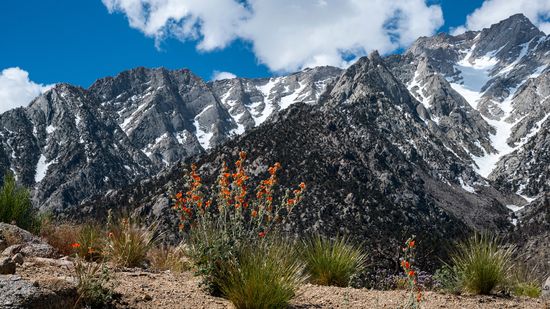
What State Has the Most Mountains in the U.S.? 8 Peak Records
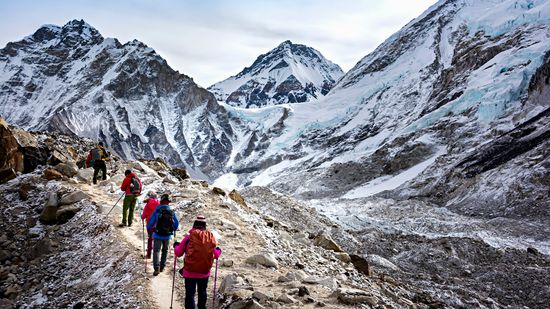
The Most Dangerous Mountain to Climb (and 14 Giving Steep Competition)
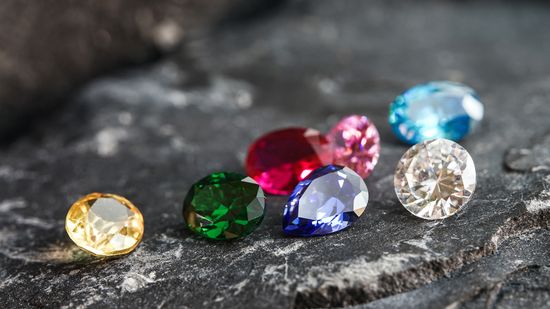
15 Types of Gemstones to Add a Little Sparkle to Your Life
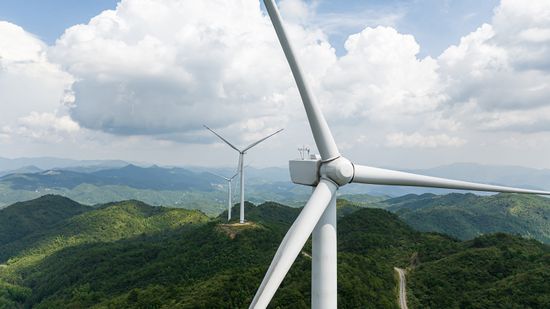
How Many Birds Are Killed by Wind Turbines, Really?

How a Lithium Mine Works and Impacts Local Communities
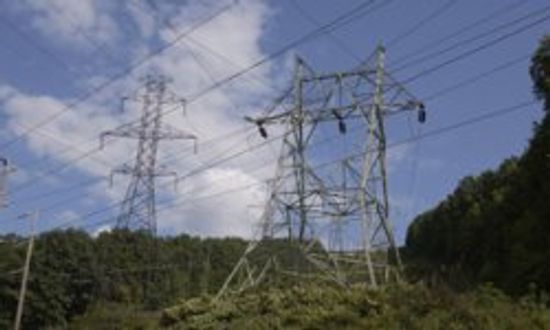
How to Sell Electricity Back to the Grid
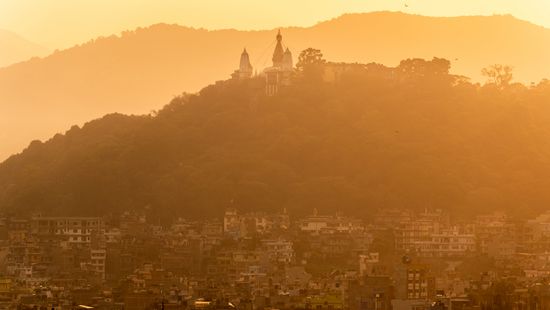
The Worst Air Quality in the World Is in Mountainous Terrain
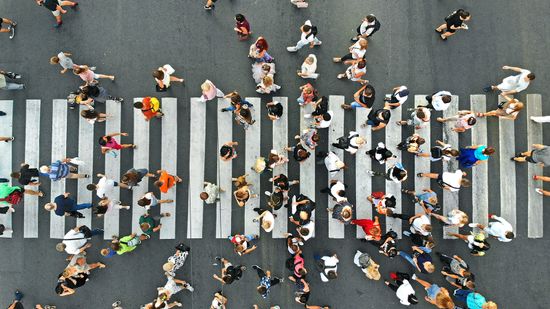
The World Hits 8 Billion People; Is That Good or Bad?
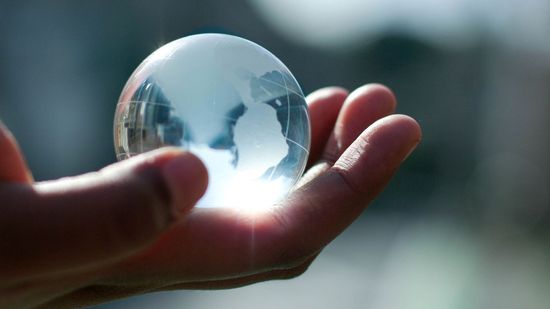
Quiz: Can You Tell Climate Change Fact From Fiction?
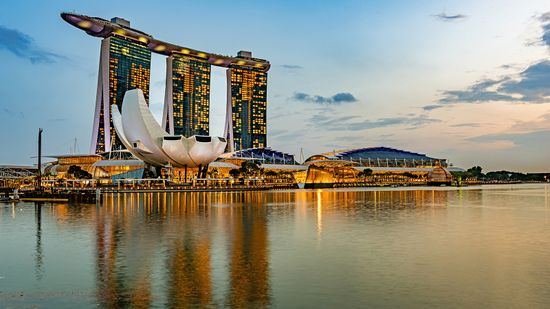
6 Most Futuristic Cities Powered by Renewable Energy
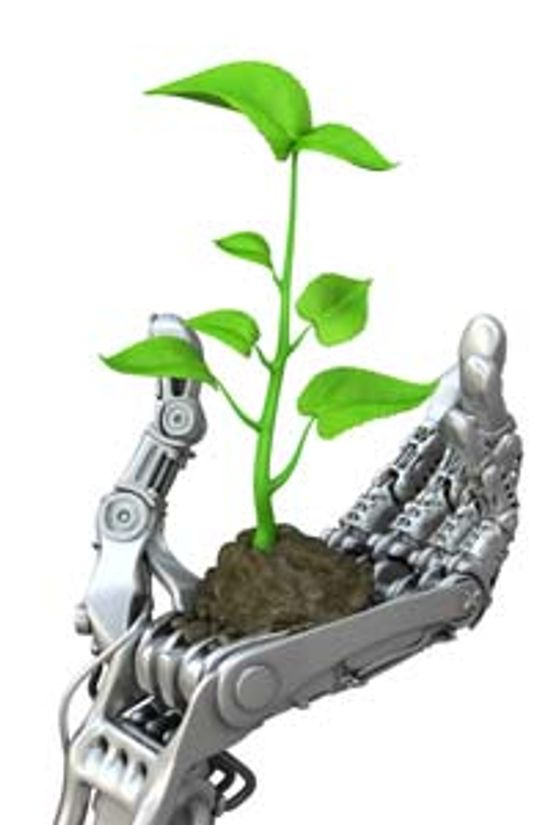
Top 5 Green Robots
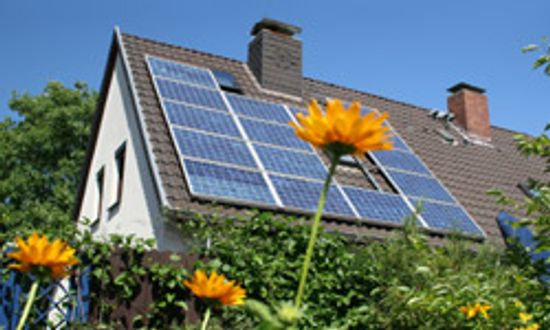
5 Things to Consider When Building a Solar-powered Home
Learn More / Page 22
A new report released by Beyond Plastics suggests that plastics will release more greenhouse gas emissions than coal plants in the U.S. by 2030.
The science is off the charts. Climate change is here and it's affecting the planet. We'll tell you how and where.
Some say UFOs, while others say a meteor strike formed the Carolina Bays. Whatever created these isolated ponds and wetlands across North and South Carolina left a wondrous ecosystem that is in dire need of protection.
Advertisement
This alien-looking archipelago off the coast of Yemen is teeming with plants and animals. Many species here are threatened or endangered. Can they be saved?
From the chemicals that pollute and the massive use of water, the traditional method of dyeing blue jeans is an environmental disaster. Nanoparticles made from wood pulp might be the answer to the problem.
A new project aims to document the possible demise of Planet Earth due to climate change. It's called Earth's Black Box and the creators hope this will be a warning to all Earth-dwellers to take global warming seriously.
The waters of the Atlantic and Pacific oceans meet at the tip of Cape Horn and never the two shall mix, right?
Advertisement
The curves of the Serpent Mound, Ohio state's massive and mysterious geological wonder, line up with the sun during equinoxes and solstices.
The rose-red mineral rhodonite was first discovered in the 1790s in the Ural Mountains of Russia. Today it's found globally and is associated with compassion, love and healing.
Cinnabar's bright-red pigment has been used in jewelry, pottery and makeup for millennia. But cinnabar is also the primary ore for mercury, making it a dangerous mineral if the particles are inhaled.
Few Americans like the switching between Daylight Saving Time and Standard Time, but there's conflict on whether to switch permanently to DST or to ST. What are the pros and cons of permanent DST?
Advertisement
The Poles of Inaccessibility are the locations on Earth that are the farthest away from either water or land and are the most remote spots in the world.
Rossby waves influence everything from high tides to extreme weather patterns, and not just on Earth. They also occur on the sun and on Venus and Jupiter as well. So, what are they exactly?
By Mark Mancini
Split as if by a laser, the Al Naslaa rock in Saudi Arabia's Tayma Oasis baffles scientists and amateur geologists alike. How did this perfect split happen?
According to Guinness World Records, the waves in Nazaré, Portugal, are the biggest ever surfed. Scientists attribute the massive waves to an underwater canyon, but how does it work?
By Dylan Ris
Advertisement
The unlikely symbiotic relationship of solar panels and agriculture is known as agrivoltaics. Is it coming to a farm near you?
Ash flows, deadly gases and vog are just a few of the other reasons why we all need to respect volcanoes.
The decision made at the 27th General Conference on Weights and Measures will scrap leap seconds for good by 2035.
The ocean is so deep, it puts the height of Mount Everest to shame.
By Mark Mancini
Advertisement
You might be surprised at how little of the world's oceans scientists have investigated.
This seismic boundary lies within Earth between the bottom of crust and the uppermost mantle. But nobody has ever dug down deep enough to confirm it exists. So does it?
The disastrous Feb. 3 train derailment contaminated East Palestine, Ohio. We talked to an expert about the potential environmental and health impacts to come.
The United States is divided into 50 states, small and large. So which is the biggest state in the U.S.A.?
Advertisement
You could stack the Eiffel Tower, the Washington Monument and the Statue of Liberty in Crater Lake, the deepest lake in the U.S. But, do you know what the deepest lake in the world is?
The oceans take up most of the surface area of our planet and remain mostly unexplored. But how many oceans are there?
